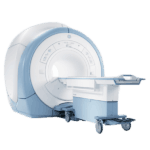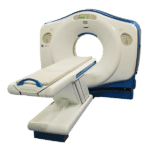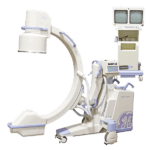Researchers have shown that children with some behavior impairment have similar changes in their brain biology
It’s been known for a while now that children with behavior impairments such as autism, Obsessive Compulsive Disorder, and Attention Deficit Hyperactivity Disorder have a lot of the same symptoms and some of the same genes. But now researchers have shown that these children have similar changes in their brain biology.
In the July 2016 issue of the American Journal of Psychiatry, results of a Canadian study were presented in which changes in brain biology were linked to common symptoms manifested by the conditions.
Get Started
Request Pricing Today!
We’re here to help! Simply fill out the form to tell us a bit about your project. We’ll contact you to set up a conversation so we can discuss how we can best meet your needs. Thank you for considering us!
Great support & services
Save time and energy
Peace of mind
Risk reduction
The study was conducted at the Centre for Addiction and Mental Health (CAMH) affiliated with the University of Toronto using MRI data from 200 children with either autism, OCD, ADHD, or with no diagnosis of any of these conditions. Biological evidence was found that suggested changes in brain structure were related to behavioral symptoms in children with these conditions. Examples of this include social difficulties and problems with attention, which occur in all three conditions but differ in severity.
This discovery of shared biology among the conditions creates possibilities for common treatments. First author on the study, Dr. Stephanie Ameis, clinician-scientist at CAMH, said: “We found impairments in white matter in the main tract connecting the right and left hemispheres of the brain in children with either autism, ADHD, or OCD, when compared to healthy children in the control group.”



